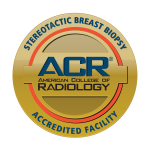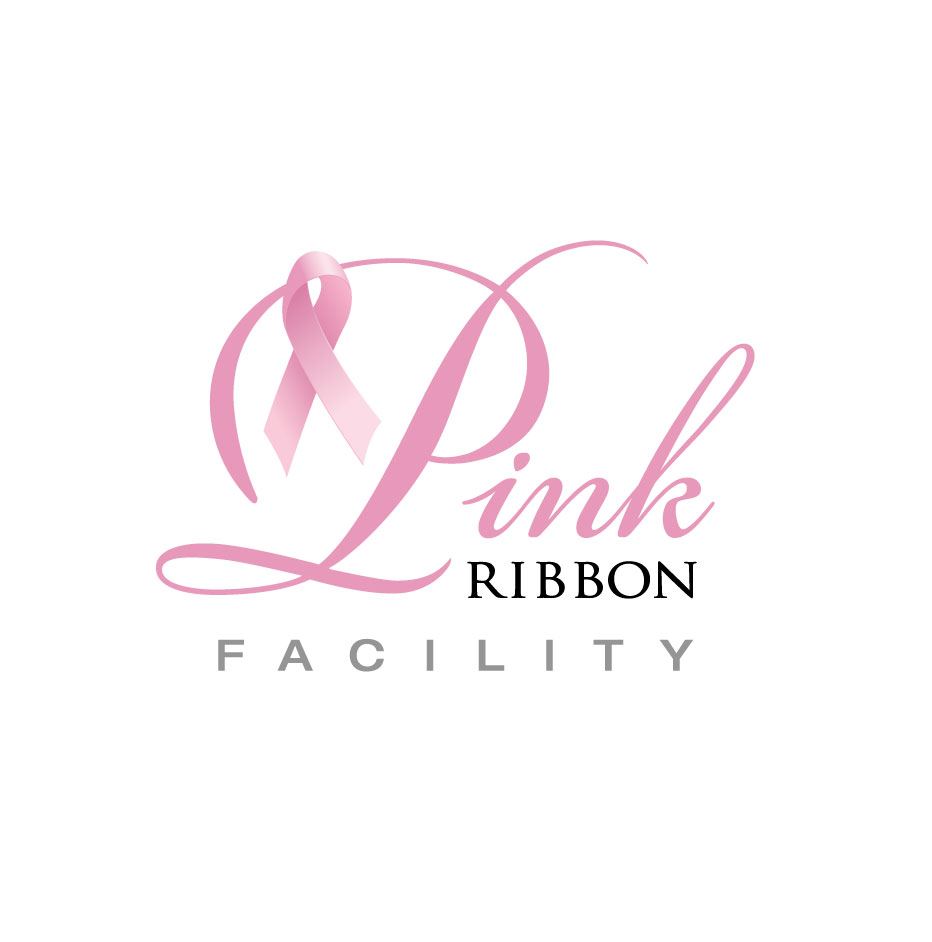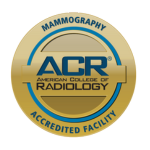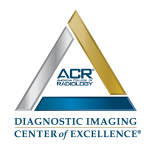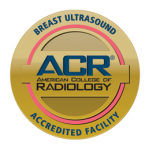The Star and Barry Tobias Women’s Health Center combines advanced technology with clinical expertise to provide a full range of care in a setting designed with your comfort in mind, including heated robes and private changing rooms. The center is accredited by the American College of Radiology as a Breast Imaging Center of Excellence and has all the services you need for your breast and bone health, including screenings, diagnostics, and, if needed, an on-site breast surgeon.
Key services include the most advanced mammography technology available for both routine mammogram screenings, diagnostic testing, extra protection with a program for women at high-risk of breast cancer, as well as bone density screening for detecting osteoporosis. Everything you need to take care of yourself.
A COMPREHENSIVE CENTER FOR BREAST & BONE HEALTH
REQUEST MORE INFORMATION
BREAST BIOPSIES & PROCEDURES
Stereotactic core needle biopsy (SCNB) is a core biopsy that uses X-rays and computer coordinates. It offers a groundbreaking alternative to standard, open surgical biopsy. SCNB procedures are performed in an outpatient setting using local anesthesia. During this procedure, small samples of tissue are removed from the breast for analysis using a hollow needle. This revolutionary diagnostic procedure is less invasive, less painful, and less costly than traditional surgical biopsy.


